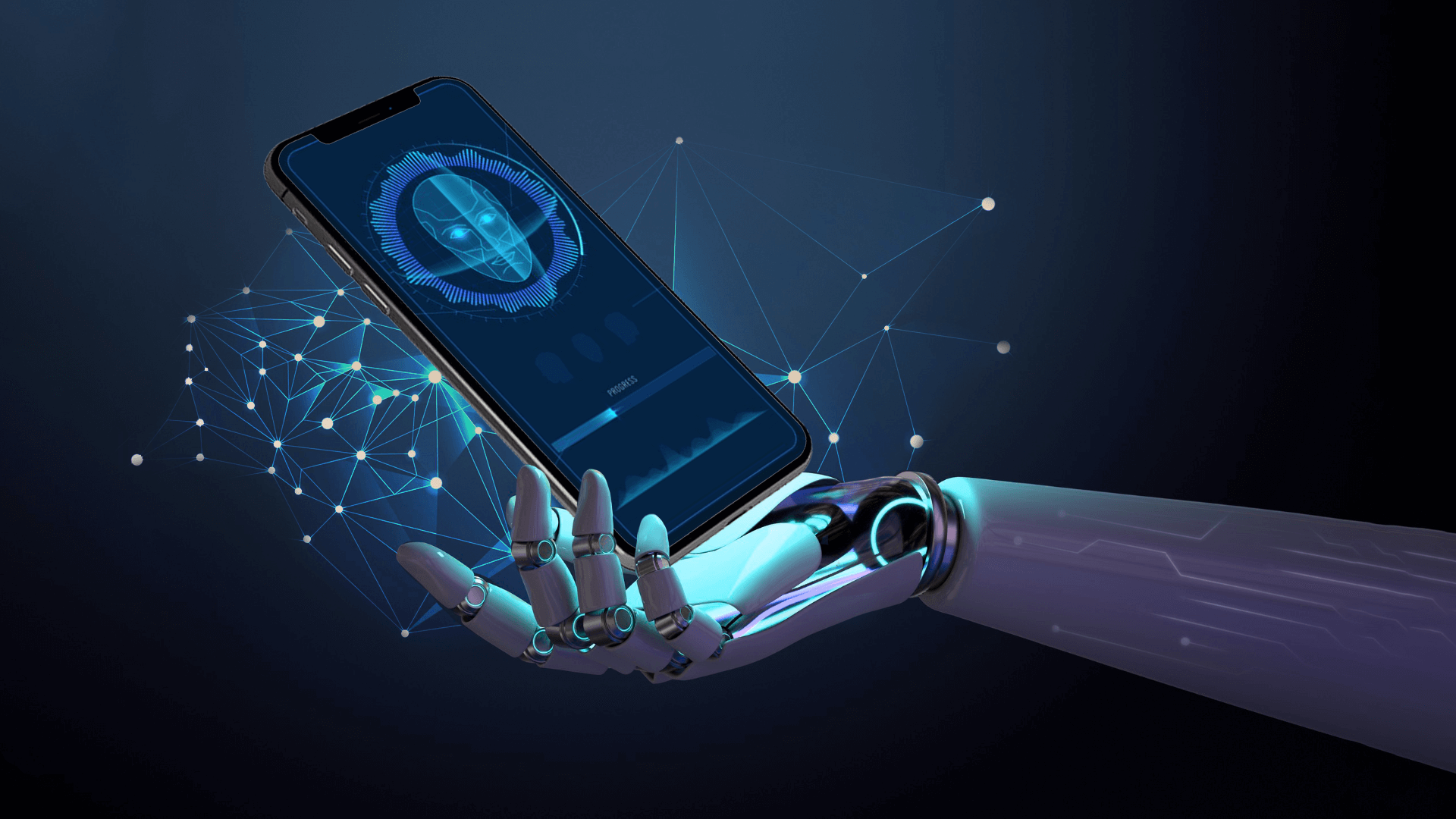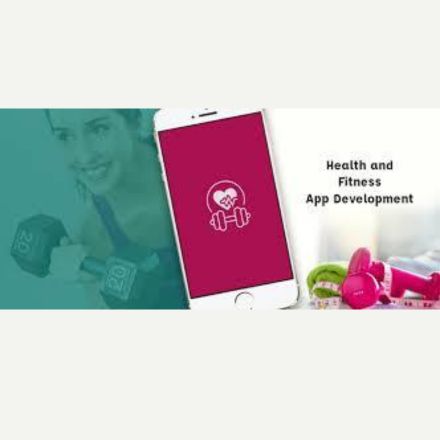
Google NotebookLM's AI-Generated Podcast Creator
Google NotebookLM's AI-Generated Podcast Creator is a new tool that changes how we make and listen to podcasts. It uses advanced tech to turn written words into audio that sounds real. This could change how we learn, research, and create content.
It makes making podcasts easier and faster. But, it also brings up big questions about AI and ethics. Is it right to let machines create our content?

Key Takeaways
- Google NotebookLM's AI-generated podcast Creator leverages natural language processing and text-to-speech technologies to automate podcast creation.
- This tool has the potential to revolutionize audio content creation in various fields, including education and research.
- The automation of script generation and podcast production aims to streamline the creation of engaging audio experiences.
- The use of AI in content generation raises ethical considerations that need to be addressed.
- The integration of advanced language models, such as Gemini 1.5 Pro, has significantly expanded NotebookLM's capabilities.
Introduction to Google NotebookLM
Google is leading in natural language processing, machine learning, and conversational AI. Projects like Gemini NLP and Notebook LLM (Large Language Model) show their commitment. They aim to improve content creation, information processing, and user experience with AI.
Overview of Google's AI Initiatives
Google's NotebookLM is the latest AI tool from the tech giant. It has features that show the power of large language models (LLMs). These models can have detailed conversations between AI systems.
The Audio Overview tool in NotebookLM lets users create conversations between AI hosts. These dialogues can discuss, argue, and connect ideas like humans do.
These AI systems are changing how we interact with knowledge. LLMs can handle lots of information, weigh different views, and explore arguments deeply. They might even surpass human philosophers in some areas.
As AI gets better, our role in discussions might change. We might watch AI conversations instead of joining in. This raises big questions about dialogue and the future of thinking together.
Google's AI projects, like NotebookLM and Gemini NLP, show their commitment to AI. These tools could change how we deal with information, work together, and dive into complex ideas.
What is Google NotebookLM's AI-generated podcast Creator?
Understanding the Concept of AI-Generated Podcasts
Google NotebookLM's AI-generated Podcast Creator is a new tool. It uses natural language processing and text-to-speech to turn written content into audio podcasts. This tool automates script and podcast production, making it easy for creators to share their work in audio without needing professional voice-overs or complex editing software.
This technology converts text into audio that sounds like a human voice. It uses advanced language models and speech synthesis to understand the text's context and tone. Then, it creates an audio recording that sounds natural and human-like.
The benefits of AI-generated podcasts are many. They make creating podcasts easier and open up new ways to share knowledge. For example, educators can make podcasts for language learners, and researchers can share their work in audio for more people.
As this technology gets better, AI-generated podcasts will sound even more real. This could change how we tell stories and share information through audio. It could lead to new ways in audio storytelling, podcast automation, and text-to-speech conversion.
Google NotebookLM's AI-Generated Podcast Creator
At the heart of Google NotebookLM is its AI-generated podcast Creator. This tool makes turning written content into audio podcasts easy and fast. It uses advanced algorithms to understand the text and create a realistic audio version.
Creating an AI-generated podcast is simple. Just provide the text you want to convert. The AI tool will make a professional-grade audio recording. It adds natural-sounding inflections and pacing.
| Key Features | Benefits |
|---|---|
| Automated Audio Generation | Quickly transform written content into engaging audio podcasts without the need for manual script writing or audio production |
| Advanced Natural Language Processing | Analyze the structure, context, and tone of the source text to generate a realistic-sounding audio output |
| Customizable Delivery | Adjust the voice, pace, and inflection of the generated audio to match the desired style and personality |
| Time-Saving Workflow | Streamline the content creation process by automating the audio production stage |
The google notebook lm's ai-generated podcast creator is a big step in content creation. It lets users easily turn their writing into high-quality audio. This opens up new ways to connect with audiences and share ideas.
As audio content becomes more popular, tools like Google NotebookLM's AI-Generated Podcast Creator are key. They make audio production easy for everyone. This lets more people share their voices and ideas in a new way.
Potential Applications in Education
Google NotebookLM's AI-generated podcast Creator has a big role in education. It turns textbooks and research papers into audio podcasts. This makes learning fun and easy for language learners.
These podcasts help students get better at listening. They also learn how native speakers talk. This makes learning a language more fun and effective.
Creating Listening Experiences for Language Learners
Google NotebookLM's AI can make audio that sounds real. This is great for teachers working with language learners. It turns text into podcasts for students to practice listening.
Teachers can use these podcasts to help students improve their listening skills. Students get to hear how native speakers talk. This makes learning a language more engaging and effective.
Using AI-generated podcasts in language learning has many benefits. Students get better at listening and learn from real speech patterns. It also makes learning more fun and interesting.
- Improved listening comprehension: Students can listen to podcasts over and over to get better at understanding the language.
- Exposure to authentic pronunciation: The AI-generated audio sounds like native speakers, giving learners a chance to hear real speech patterns.
- Increased engagement and motivation: Podcasts are interactive and easy to access, making language learning more enjoyable and captivating.
By using AI-generated audio, teachers can offer a wide range of listening experiences. This meets the different needs and learning styles of their students. It makes educational programs more effective.

| Statistic | Value |
|---|---|
| AI education market value by 2030 | Over USD 55,444 million |
| Students using generative AI for homework | One in three |
| Teachers relying on chatbots to assist students | More than a third |
| Teachers actively using AI-powered educational games | Over half |
| Forbes Advisor respondents using AI to speed up routine tasks | 60% |
The Realistic Sounding Quality of AI-Generated Podcasts
Google NotebookLM's AI-Generated Podcast Creator stands out for its high-quality audio. Its text-to-speech conversion and natural language skills make the audio sound very human-like. This quality makes listening more enjoyable and real.
The NotebookLM AI can have smooth and clear conversations on any topic. It can even match human-like articulation and banter. Unlike people, AI doesn't get tired or biased, so it can share lots of information fluently.
"The emergence of AI-driven dialogue in tools like NotebookLM represents a shift in engaging with knowledge. The new context of dialogue reflects a potential shift where machines engage in deeper, richer dialogues, and the future of knowledge and philosophy might lie in conversations between machines."
NotebookLM's realistic audio quality opens up new uses, like helping language learners or making educational content fun. As text-to-speech tech gets better, the difference between human and AI audio will fade. This could lead to exciting new ideas and discoveries.
Limitations and Challenges
Google NotebookLM's AI-generated podcast Creator is very good at turning text into audio. But, it can't make transcripts or captions for these podcasts. This makes it hard for people with hearing problems or those who like reading more than listening.
Lack of Transcript Generation
Not having transcripts is a big problem for Google NotebookLM's podcasts. Transcripts help everyone, especially those with hearing issues. They also help language learners and researchers who like reading.
Adding transcript generation would make the podcasts more accessible. It would let users choose between listening and reading. This way, Google NotebookLM's podcasts could reach more people.
| Limitation | Impact | Potential Solution |
|---|---|---|
| Lack of transcript generation | Reduced accessibility for users with hearing impairments and those who prefer written content | Integrate transcript generation capabilities to provide both audio and text-based options |
Adding transcript generation would make the podcasts better for everyone. It would help with learning languages and doing research. Google NotebookLM's podcasts could then be more useful and impactful.

Ethical Considerations of AI-Generated Content
AI tools like Google NotebookLM's AI-generated Podcast Creator are getting more popular. But, we need to think about ethics. Issues like transparency, attribution, and consent are key. This is because AI content can look just like human-made stuff.
Google and other AI makers must tell users that the content is AI-made. This is important to keep trust and integrity. It helps avoid fake information and keeps things real.
We also need clear rules for attribution. This means giving credit to the AI for its work. It's about respecting intellectual property and helping people know what's real.
The big question is consent. AI should only use content with the right person's okay. Not getting this consent can hurt personal rights and damage trust in AI.
By tackling these ethics, Google and others can make AI content use better. This helps everyone and makes AI tools more accepted in making content.
| Ethical Consideration | Explanation |
|---|---|
| Transparency | Ensuring users are aware of the AI-generated nature of the content to avoid deception and maintain authenticity. |
| Attribution | Establishing protocols to acknowledge the AI's role in content creation, upholding intellectual property principles. |
| Consent | Obtaining explicit permission from individuals or entities whose likeness, voice, or intellectual property is being utilized. |
Comparison with Other AI-Powered Content Generation Tools
Google NotebookLM's AI-Generated Podcast Creator is a big step forward in AI-powered content generation tools. But it's not alone. Other groups and companies are also working on AI for making audio content. A comparison of AI tools shows what each can do well and what they can't. This helps users choose the best tool for their needs.
Companies like Amazon, Apple, and Microsoft have their text-to-speech tech. It turns written text into speech that sounds like a real person. But Google NotebookLM's tool does more. It can make text into speech and even create natural-sounding conversations.
There are also alternatives to Google notebooklm like Podcastle and Descript. They help with podcast-making by editing audio and removing background noise. But they don't have the same AI content generation as Google NotebookLM.
| Feature | Google NotebookLM | Amazon Polly | Podcastle |
|---|---|---|---|
| AI-Powered Content Generation | ✓ | ✗ | ✗ |
| Text-to-Speech Conversion | ✓ | ✓ | ✓ |
| Automated Audio Editing | ✓ | ✗ | ✓ |
| Podcast Publishing | ✓ | ✗ | ✓ |
In summary, Google NotebookLM's tool is special, but there are other AI-powered content generation tools too. Each has its own strengths and weaknesses. Knowing what each can do helps users pick the right tool for their needs.
Future Developments and Improvements
Google NotebookLM's AI-generated podcast Creator is getting better all the time. We're looking forward to new features that will make it even more useful. One big improvement could be adding transcript generation.
This would help users who prefer reading over listening. It would also make the podcasts more accessible to people with hearing issues. This change would make the tool better for everyone.
The tool's AI is also getting smarter. This means the podcasts will sound more real and engaging. Soon, it might be hard to tell if it's a human or AI speaking.
With these updates, Google NotebookLM will be even more helpful. It will be easier for everyone to use and enjoy. We're excited to see how it will keep improving.
Use Cases and Best Practices
Google NotebookLM's AI-generated podcast Creator has many uses. It helps in content creation and education. Authors, researchers, and journalists can turn their written work into audio formats. This makes their content easier to share with more people.
Teachers can use these podcasts to help students learn. They can add to course materials. This gives students more ways to learn and improve their listening skills.
To get the most out of this tool, follow some best practices. Be clear about the AI's role in creating the content. Also, provide transcripts and make sure the audio is of good quality and relevant.
- Content creators can repurpose written work into engaging audio formats, expanding their reach and accessibility.
- Educators can incorporate AI-generated podcasts as supplementary learning resources, enhancing the educational experience for students.
- Best practices include transparency, providing transcripts, and curating the audio output to ensure quality and relevance.
Using Google NotebookLM's AI-generated Podcast Creator opens up new ways in content creation, education, and more. It's important to use these tools responsibly and ethically.
"The AI-generated podcasts have been a game-changer for our classroom. They provide an engaging and accessible way for students to learn and improve their listening skills."
As AI tools in content creation and education grow, it's key to know the best practices and use cases. This ensures we use these technologies wisely and effectively.
Conclusion
Google NotebookLM's AI-generated Podcast Creator is a big leap in using AI for making content. It turns written stuff into top-notch audio podcasts. This could change how we get and use information, especially in education and research.
But, AI content raises big ethical questions. We need to keep things clear, trustworthy, and open. Google and others must work on fixing current issues and finding new ways to use this tech.
The future of AI content is mixed. AI podcasts could make things easier and reach more people. But, we also need to watch out for misuse and losing touch with human connection. By focusing on both tech and ethics, we can make AI content better, not worse, for us all.
FAQ
What is Google NotebookLM's AI-generated podcast Creator?
Google NotebookLM's AI-generated Podcast Creator is a new tool. It uses advanced tech to turn written content into audio podcasts that sound real.
What are the key features of Google NotebookLM's AI-generated podcast Creator?
This tool automates script and podcast production. It lets users quickly make audio podcasts from their written work. No need for manual script writing or audio production.
How does the AI-generated podcast quality compare to human-produced content?
The tool's tech makes audio sound like human speech. It has natural intonation, rhythm, and cadence.
What are the potential applications of Google NotebookLM's AI-generated podcast Creator?
It can be used in content creation, education, and research. It turns written materials into audio formats. This makes content more accessible and shareable.
What are the current limitations of the tool?
It doesn't generate transcripts yet. This makes audio content hard for those with hearing issues or who prefer text.
What are the ethical considerations surrounding AI-generated content?
AI content tools raise ethical questions. Issues like transparency, attribution, and consent need to be addressed. This keeps the integrity and trust in these technologies.
How does Google NotebookLM's AI-generated podcast Creator compare to other AI-powered content generation tools?
Comparing Google NotebookLM with other tools shows their strengths and weaknesses. This helps users choose the best tool for their needs.
What are the potential future developments and improvements for the tool?
Adding transcript generation is a key improvement. This would provide text alternatives for audio content. Better natural language and text-to-speech tech could also enhance audio quality in the future.
Source Links
- OpenAI’s New AI Shows 'Steps Towards Biological Weapons Risks', Ex-Staffer Warns Senate - Decrypt
- The Evolution of Dialogue: From Plato to AI Podcasts
- HydePHP - HydePHP Explores AI in a Mind-Blowing Podcast Episode Generated by Artificial Intelligence
- Heading supersonic, aiming hypersonic
- Level Up Your Content Game With AI – DTNS 4859
- AI Roundup 085: You win some, you Newsom
- Artificial intelligence (AI) is the new black in education.
- The Evolution of Dialogue: From Plato to AI Podcasts
- NotebookLM: The Next Evolution in Machine Learning Notebooks
- Unleashing Your AI Potential: How NotDiamond.ai
- FAQ: Generative AI in Law Libraries & Notebook LM
- I’ve Launched A Podcast
- Google NotebookLM-Part 2
- Elite Monthly AI Consortium
- ???? NotebookLM, next big thing? | The Neuron
- Harris deepfake creator sues California as governor mulls AI safety bill | LinkedIn scrapes user data outside EU as Meta resumes AI training on user posts in UK
- The Evolution of Dialogue: From Plato to AI Podcasts
- The Benefits of AI-Powered Logo Recognition for Brand Protection and Marketing





.jpg)



.jpg)

